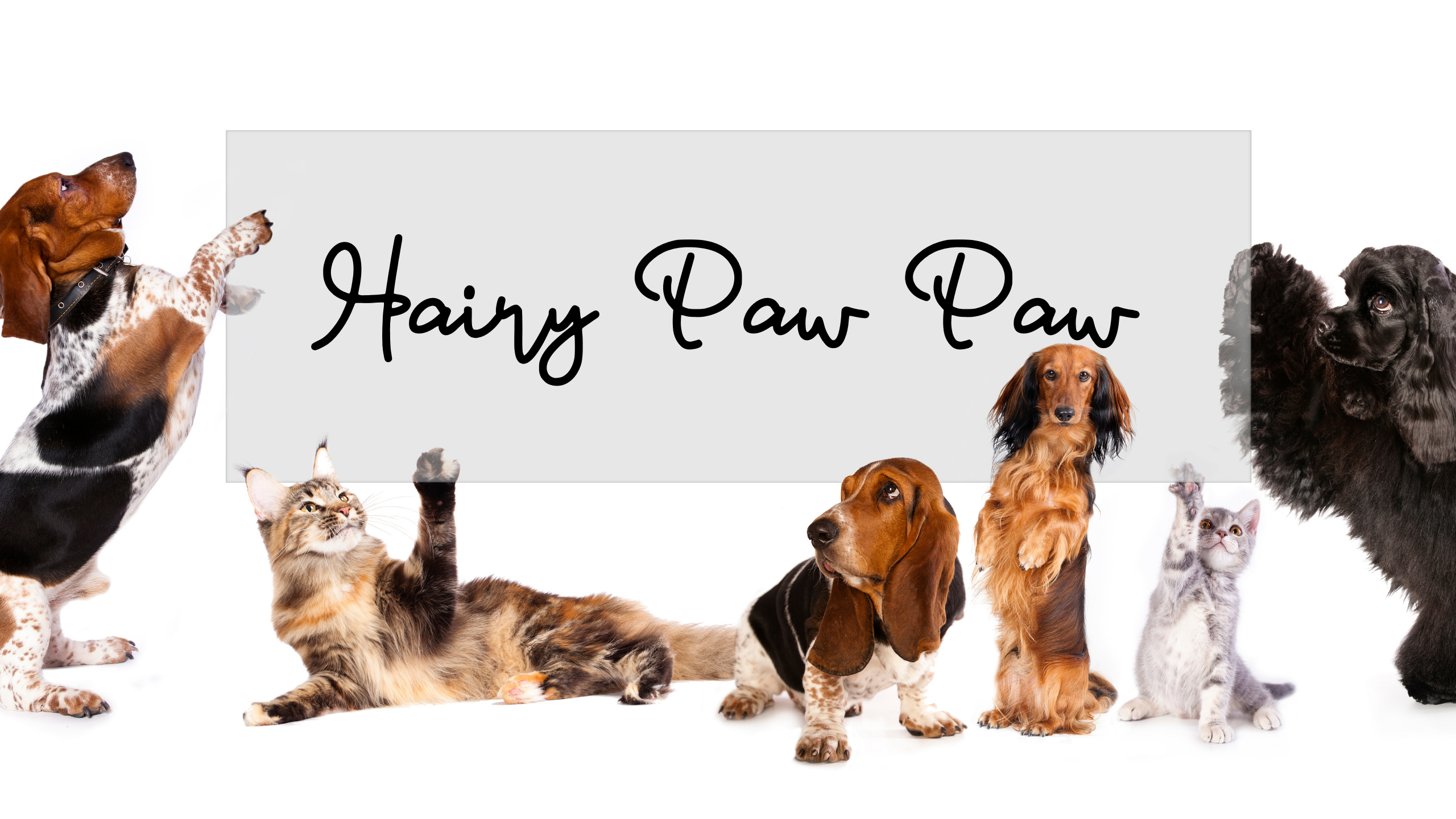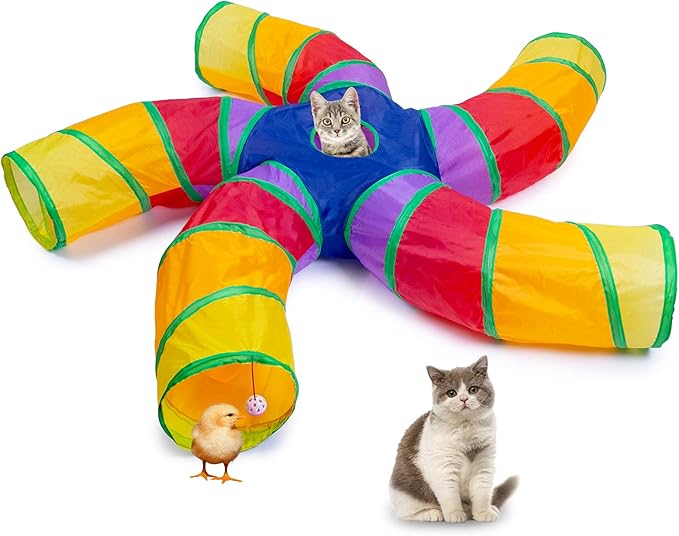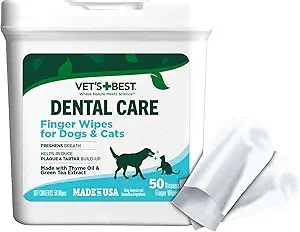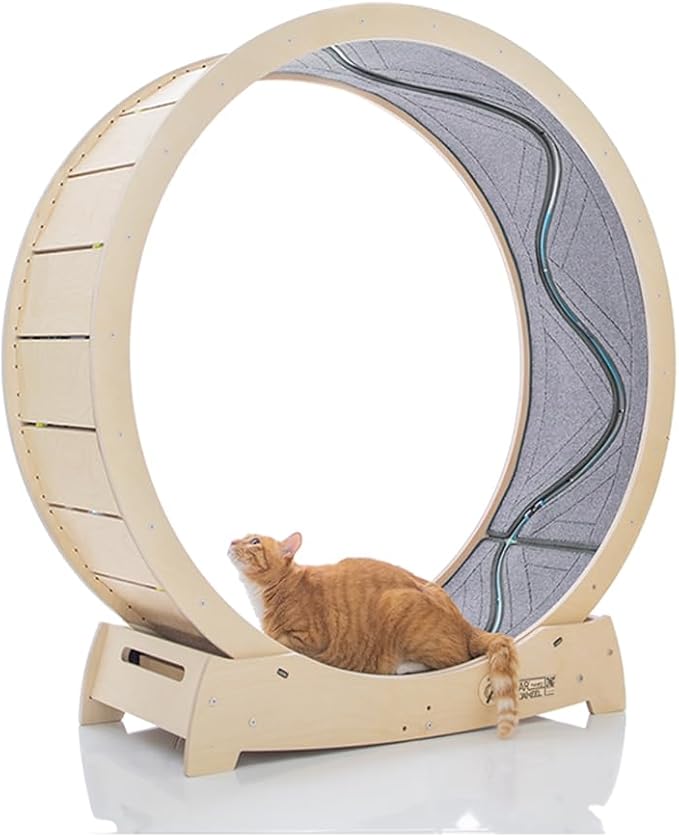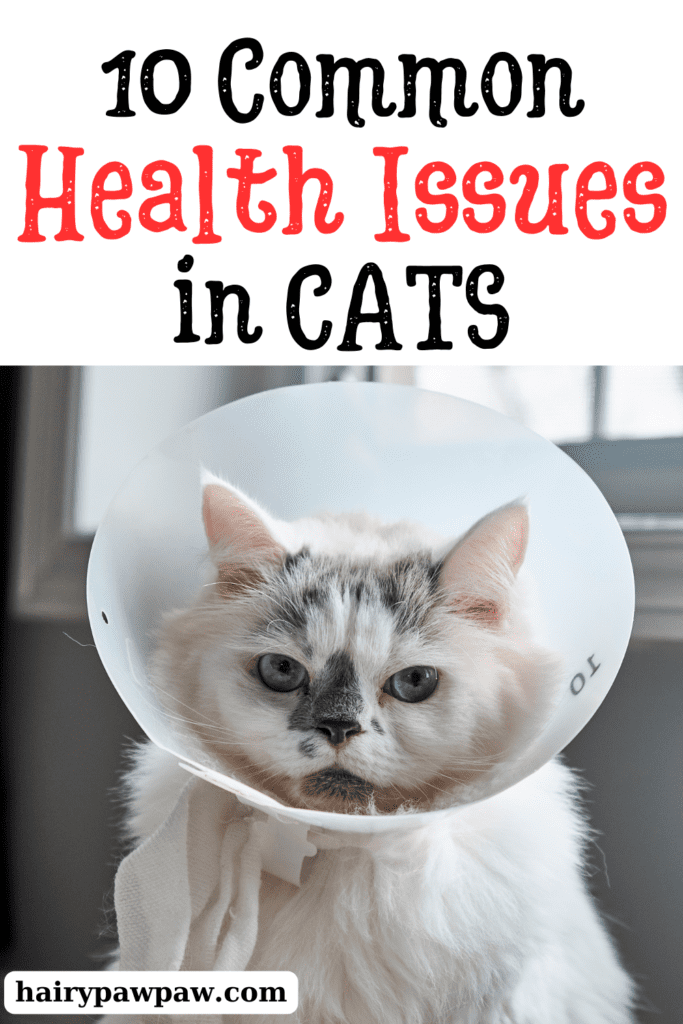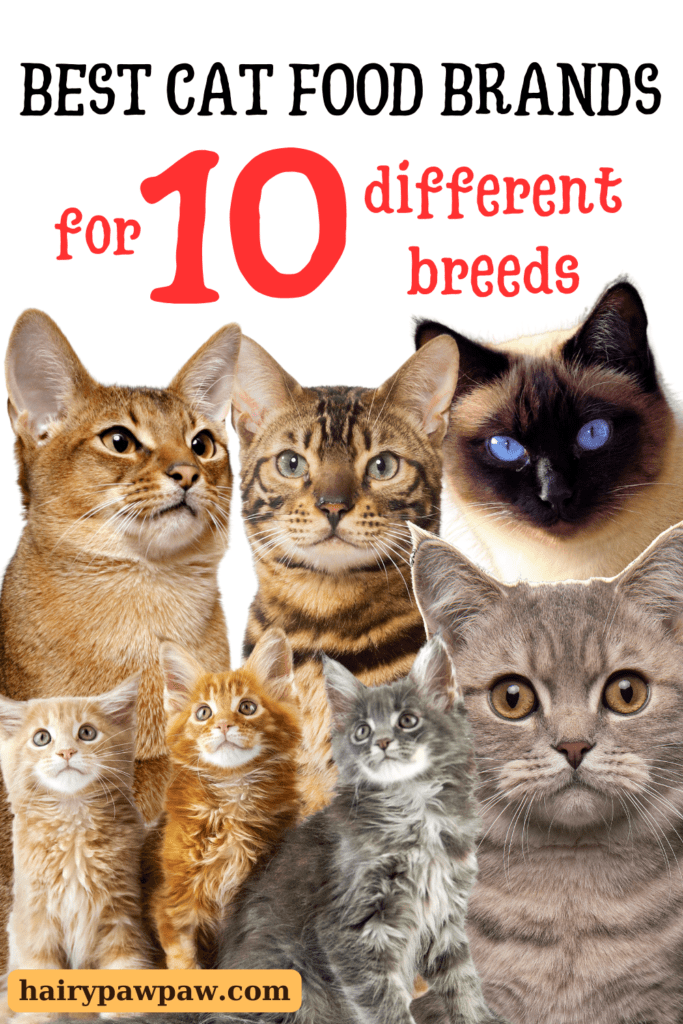Abyssinian Cat Lifespan: How to Support Healthy Aging
This post may contain affiliate links, which means I’ll receive a commission if you purchase through my link, at NO EXTRA COST TO YOU
Abyssinian cats captivate many with their elegant appearance, playful nature, and impressive agility. Their unique ticked coat, combined with their energetic demeanor, makes them a delightful addition to any household. As you care for an Abyssinian, it becomes essential to understand their lifespan and aging process. By learning about these factors, you can provide the best possible care for your beloved pet at every stage of their life. In this detailed guide, you’ll discover the key elements that influence the lifespan of Abyssinian cats, the changes they undergo as they age, and how you can ensure they enjoy a long, healthy, and happy life. With the right knowledge, you can help your Abyssinian thrive well into their golden years.
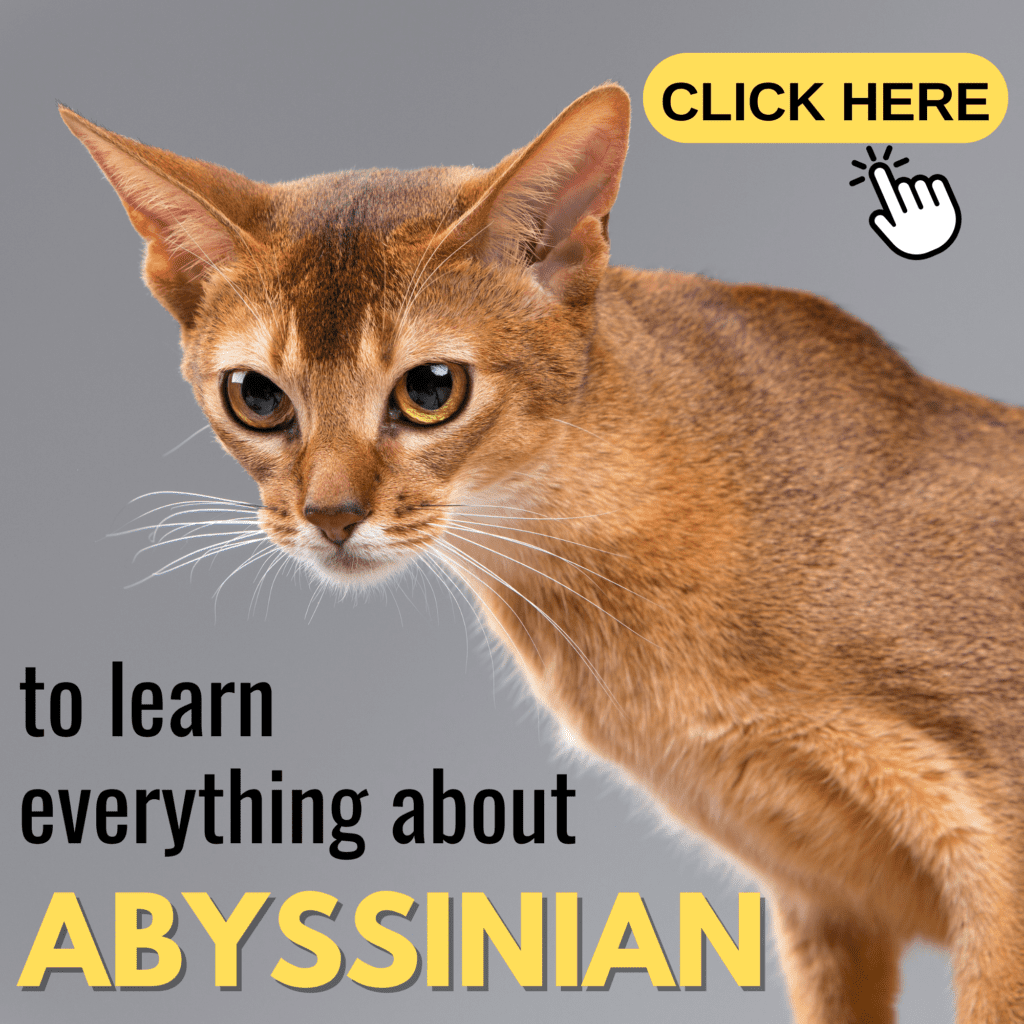
Lifespan of Abyssinian Cats
Abyssinian cats typically enjoy a lifespan ranging from 12 to 15 years, though some can live even longer with optimal care. Their longevity depends on several factors, including genetics, diet, lifestyle, and regular veterinary care. Here’s a closer look at each factor:
Genetics and Breed-Specific Traits Genetics play a significant role in determining how long an Abyssinian cat will live. Responsible breeders strive to produce cats with fewer hereditary health issues, which contributes to a longer lifespan. By choosing a reputable breeder who conducts health screenings, you can reduce the risk of genetic conditions that may affect your Abyssinian’s longevity.
Nutrition and Diet A balanced diet is essential for maintaining the health and longevity of Abyssinian cats. Providing high-quality cat food that meets their nutritional needs supports overall well-being. As Abyssinians age, their dietary requirements may change, so it’s important to adjust their diet accordingly. Senior cat food formulas, which are lower in calories and enriched with specific nutrients, can help manage weight and support joint health in older cats.
Lifestyle and Activity Abyssinians are active and playful cats who thrive on regular exercise and mental stimulation. Engaging them in interactive play, providing scratching posts, and offering puzzle toys can help keep them physically fit and mentally sharp. An active lifestyle not only contributes to a healthier weight but also reduces the risk of obesity-related health problems.
Regular Veterinary Care Routine veterinary check-ups are crucial for monitoring the health of your Abyssinian. Regular exams, vaccinations, and dental cleanings can help catch any potential health issues early. Senior cats, in particular, benefit from more frequent vet visits to monitor for age-related conditions such as arthritis, kidney disease, or dental problems.
Aging Process in Abyssinian Cats
As Abyssinian cats move into their senior years, they go through several physical and behavioral shifts. Recognizing these changes early on is key to offering the best care and ensuring they enjoy a high quality of life during their later stages.
When it comes to physical changes, you may notice a few obvious differences. For example, aging Abyssinians often lose muscle mass, experience coat texture changes, or have weight fluctuations. You might see their fur turning grayer or becoming less vibrant, and their skin may lose elasticity. While these shifts are common, monitoring them closely helps you stay alert for potential health concerns.
Health issues tend to become more prominent as Abyssinians age. One of the most frequent conditions in senior cats is arthritis, which leads to joint pain and stiffness, making movement harder. To ease their discomfort, consider providing soft bedding and ensuring easy access to food, water, and litter boxes. Another common concern is chronic kidney disease, which affects many older cats. Regular blood tests and a kidney-supportive diet play a significant role in managing this condition.
Moreover, dental problems often escalate with age, so routine dental check-ups and home care, such as brushing, can prevent complications. As your cat ages, their vision or hearing may also decline. If your Abyssinian begins bumping into objects or shows signs of heightened sensitivity to noise, it’s important to consult your vet for advice on how to adapt to these changes.
In addition to physical changes, behavioral shifts are also quite common. You may notice that your Abyssinian becomes less active or has alterations in their sleeping patterns. Sometimes, older cats might become more irritable or less tolerant of being handled. Creating a peaceful, cozy environment and maintaining a consistent routine can significantly help your Abyssinian transition smoothly into this stage of life.
Tips for Caring for an Aging Abyssinian
Create a Comfortable Environment Ensure that your senior Abyssinian has a comfortable, accessible living space. Provide soft bedding, easy access to food and water, and a litter box with low sides. Consider adding ramps or steps if your cat has difficulty jumping.
Monitor Health Closely Pay close attention to any changes in your cat’s health or behavior. Regular vet visits and early intervention can address potential issues before they become severe.
Adjust Diet and Exercise Adapt your cat’s diet to their age and health status. Consider transitioning to senior cat food and adjusting portion sizes to manage weight. Keep them active with gentle play and enrichment activities suitable for their age.
Provide Enrichment Mental stimulation is just as important as physical activity. Engage your cat with interactive toys, scratching posts, and puzzle feeders to keep their mind active.
Conclusion
Understanding the lifespan and aging process of Abyssinian cats helps you provide the best care and ensure a high quality of life for your feline companion. By focusing on genetics, nutrition, lifestyle, and regular veterinary care, you can support your Abyssinian through each stage of their life. Paying attention to their physical and behavioral changes as they age will help you address any issues promptly and keep your cat healthy and happy well into their senior years.

